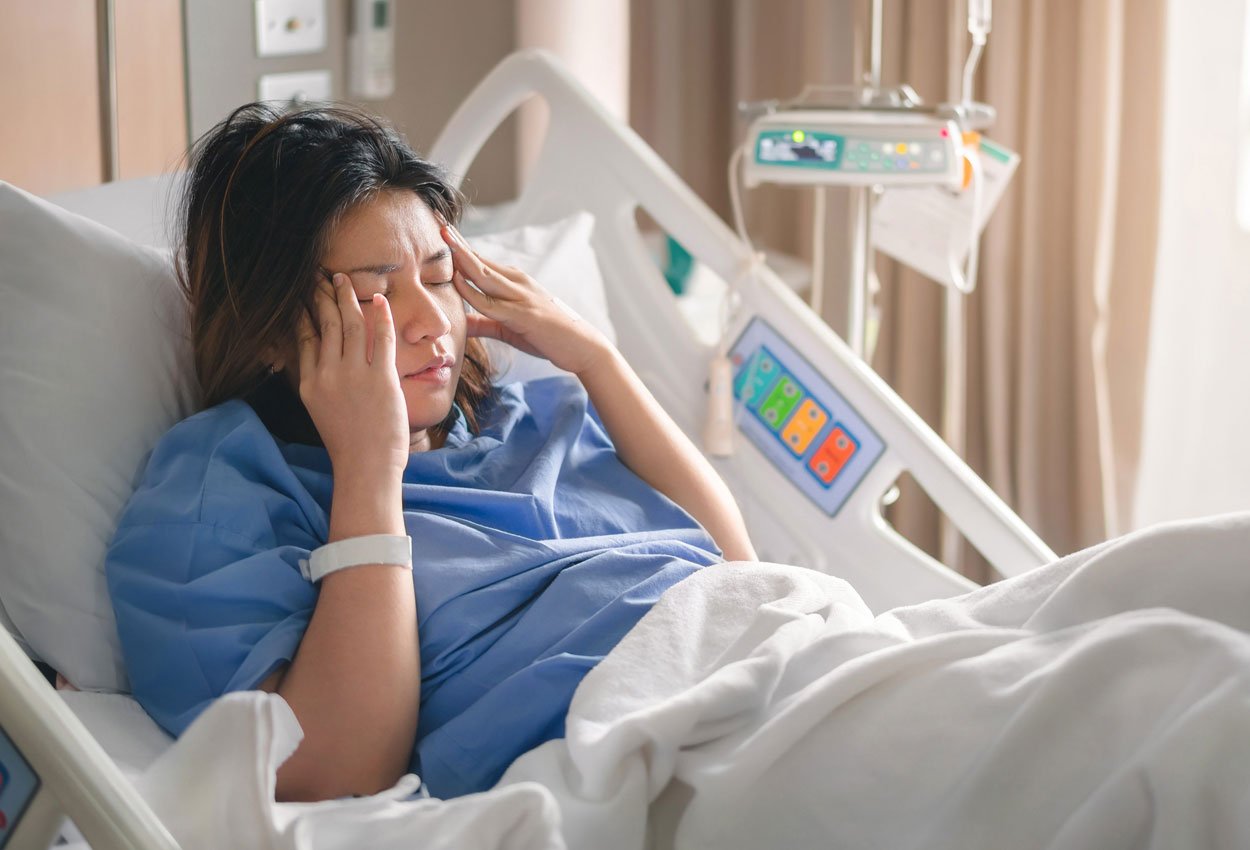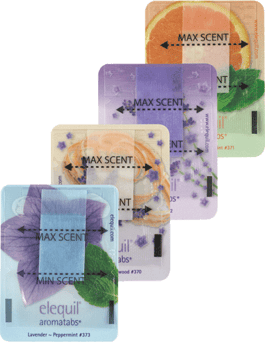
Monitoring a patient’s opioid use to manage pain during perioperative procedures is crucial. When a patient is given opioids, there are side effects that can occur during post-operative care. According to a study, opioids can lead to excessive drowsiness, sedation, nausea and vomiting, pruritus, urinary retention, ileus, constipation, and can also affect the respiratory system.
These complications are not only aggravating and/or harmful to the patient, but they also require more staff time to help the patient, prolong recovery, and result in a longer stay until discharge. This can lead to a bottleneck and may impact the surgery schedule. More importantly, opioids also put the patient at risk of addiction.
 Battling the opioid crisis
Battling the opioid crisis
The U.S. Health and Human Services reports that 10.1 million people misused prescription opioids in the past year. Since 1999, over 600,000 deaths have occurred because of opioid use and it is predicted that without reform, 1.2 million additional people could die by 2029.
In a survey of heroin users, approximately 75% said their addiction initially started with a prescribed opioid. Another article shared that 2020 marked the deadliest year on record totaling more than 76,000 opioid-related deaths.
The Joint Commission outlines a multi-level approach to pain management to help front line staff deliver safe and individualized pain care within the healthcare setting. One requirement is to have a treatment strategy for pain to include a non-pharmacologic alternative.
Clinical aromatherapy as a non-pharmacological option in pain management
One non-pharmacological solution that is proving to be effective to help with pain is clinical aromatherapy.
 The European Society of Anesthesiology and Intensive Care (ESAIC) issued the press release, Aromatherapy can reduce post-surgical opioid use by half, preliminary US study finds, sharing that total opioid use in the first 48-hours after surgery was 50% lower in the aromatherapy group versus a group that had a placebo.
The European Society of Anesthesiology and Intensive Care (ESAIC) issued the press release, Aromatherapy can reduce post-surgical opioid use by half, preliminary US study finds, sharing that total opioid use in the first 48-hours after surgery was 50% lower in the aromatherapy group versus a group that had a placebo.
Jacques Chelly, MD, PhD and his colleagues at the Department of Anesthesiology, University of Pittsburgh, Pennsylvania, are conducting this clinical study.
Participants are randomized to either receive an active treatment (aromatherapy) or a placebo. Those in the active treatment group are given lavender-peppermint "aromatab," (an adhesive patch that slowly releases essential oils when adhered onto the patients clothes or a hospital gown), to wear at least one hour before their operation.
The aromatherapy patches are changed every 12 hours and are worn for 72 hours after surgery. Those in the placebo group wear a patch which emits sweet almond oil – an oil not credited with anxiety-lowering qualities. The patients' levels of anxiety, depression, catastrophizing, pain, and opioid consumption are recorded over the course of the study.
The researchers concluded: “Our results suggest that, by controlling anxiety, aromatherapy can help control pain and reduce opioid consumption. This is important, given the established role of the use of opioids in surgical patients in the overall opioid crisis in the US.”
 Elequil Aromatabs® aromatherapy use for Clinical Study Research
Elequil Aromatabs® aromatherapy use for Clinical Study Research
Elequil Aromatabs® aromatherapy has been used in several clinical studies to determine how aromatherapy can help with patient care.
Because of its high-quality 100% pure essential oils and its unique delivery system, Elequil Aromatabs aromatherapy is the preferred choice for clinical studies because of consistency, ease of use, and repeatability.
The self-adhesive, hands-free Aromatab is personal to each patient and can be disposed of after use or transferred to the patient’s clothing to continue the benefits of aromatherapy at home.
Published Studies using Elequil Aromatabs® aromatherapy include:
- Aromatherapy for Procedural Anxiety in Pain Management and Interventional Spine Procedures: A Randomized Trial
- A Randomized Controlled Trial Provides Evidence to Support Aromatherapy to Minimize Anxiety in Women Undergoing Breast Biopsy
- A Quality Improvement Project to Determine the Effect of Aromatherapy on Postoperative Nausea and Vomiting in a Short-Stay Surgical Population
- Effects of Lavender Aromatherapy on Anxiety Levels of Patients Undergoing Mandibular Third Molar Extraction
- The Efficacy of Lavender Aromatherapy in Reducing Preoperative Anxiety in Ambulatory Surgery Patients Undergoing Procedures in General Otolaryngology
- A Pilot Randomized Control Trial to Assess the Impact of Lavender on Anxiety and Comfort After Cesarean Birth and the Barriers Encountered
- Treating Patient Well-Being in a Psychiatric Emergency Room
Learn more
If you are interested in using Elequil in a clinical study for publication and need placebos, email info@beekley.com to determine availability.
Elequil Aromatabs aromatherapy is used in over 2,300 hospital and healthcare facilities - if you are investigating alternative treatments for pain management at your facility and are considering clinical aromatherapy as an option, call 1-800-233-5539 or email info@beekley.com to request a sample packet of Elequil Aromatabs® aromatherapy.

Melissa Vibberts
Director of Brand Management
